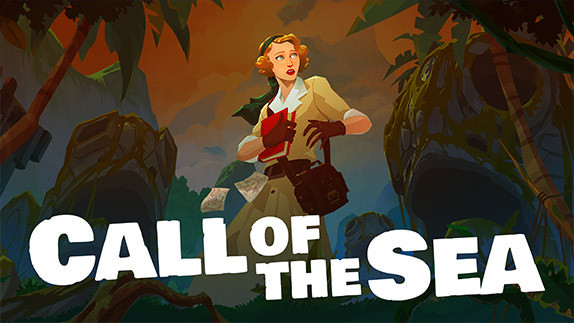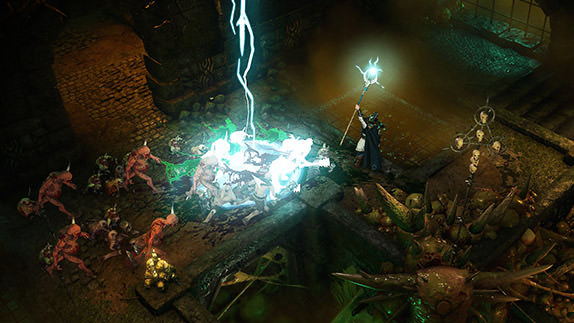Civilization: Beyond Earth Review

 By Kevin Mitchell | November 7, 2014
By Kevin Mitchell | November 7, 2014
The Sid Meier's Civilization series has done a fantastic job at taking players through various historical eras on Earth, pitting some of the top civilizations against each other. Tasked with leading the series into the future (literally), Firaxis is launching you far, far away from the familiar, and into the unknown and uncertainty of outer space.
Along with the game's new sci-fi setting (alien worlds set in the future), Civilization: Beyond Earth is a fresh take on the series, borrowing elements from recent Civilization games and the renowned Alpha Centauri. If you are familiar with Civilization V, you'll be able to hop into Beyond Earth and quickly grasp the basic shared mechanics between the two games. There are a number of core changes, however, that move the series into an exciting new direction. No longer will you be picking from a set list of historical empires and civilizations. You'll be making key choices at the beginning of the game that will guide the development of your colony into the future.
While Ideology, first introduced in the Brave New World expansion pack, focused on social development, Beyond Earth's affinities will shape the technological advancements and development of your colony. The Harmony affinity has players altering their own DNA to live in peace with the indigenous alien species. Choosing Harmony, you'll be able to have alien creatures on your side with a natural terrain advantage on their home planet. The Purity affinity focuses on improving mankind by transforming the alien world to a new Earth. If you enjoy wiping out everything on the map, this would be the affinity for you. The third affinity (my personal favorite), Supremacy, focuses on technological advancements, namely cybernetics and the transcendence of the species past the need of a primitive flesh-based body.
Gone is the old linear tech tree system, replaced by a gargantuan web system similar to the one found in Alpha Centauri. It is here where the first few turns of the game will truly determine the direction for your colonists. In similar fashion to the older Civ games, you'll have to research lower tier technologies before reaching some of the higher tier techs. Due to the radial design, you are able to reach some of the advanced technologies at a quicker pace. This approach won't be for everyone; although you may learn to walk before you are able to crawl, you will be missing some integral basic components that you may need later on.
Replacing the uncivilized barbarians are the much more interesting and diverse alien species. In previous games, I sought out to destroy these barbaric pests with great prejudice, but the aliens in Beyond Earth have me altering the way I handle these encounters. The aliens won't become hostile to your colonists unless they feel their nest is being threatened; usually coming within a couple of tiles will turn them against you. You also won't see them roaming the land, as they stick close to their nest in order to defend it at all costs. There isn't a centralized leader, so negotiating is out of the question. At times you may need to remove a nest or two in order to advance your colony, but be prepared to deal with the aliens elsewhere (and they are everywhere), as they will remember your action against other nests. If you antagonize them long enough, you'll be dealing with a siege worm. Siege worms are unholy abominations that can damage anything in a tile by simply moving across it.
There are five different victory conditions or quests in Civilization: Beyond Earth, ranging from the series standard of killing everyone else to new affinity-based victory conditions. There are also optional quests that will appear throughout the game, guiding you in the right direction and yielding some much-needed rewards.
Simply Put
Civilization: Beyond Earth shakes up the turn-based strategy formula, taking the series to new heights and new locations. The past experiences of the team at Firaxis with Alpha Centauri shine through, blending both styles of games into one of the best strategy games of the year.
Note: Civilization: Beyond Earth was reviewed on PC. A digital copy of the game was provided by the publisher/developer.




